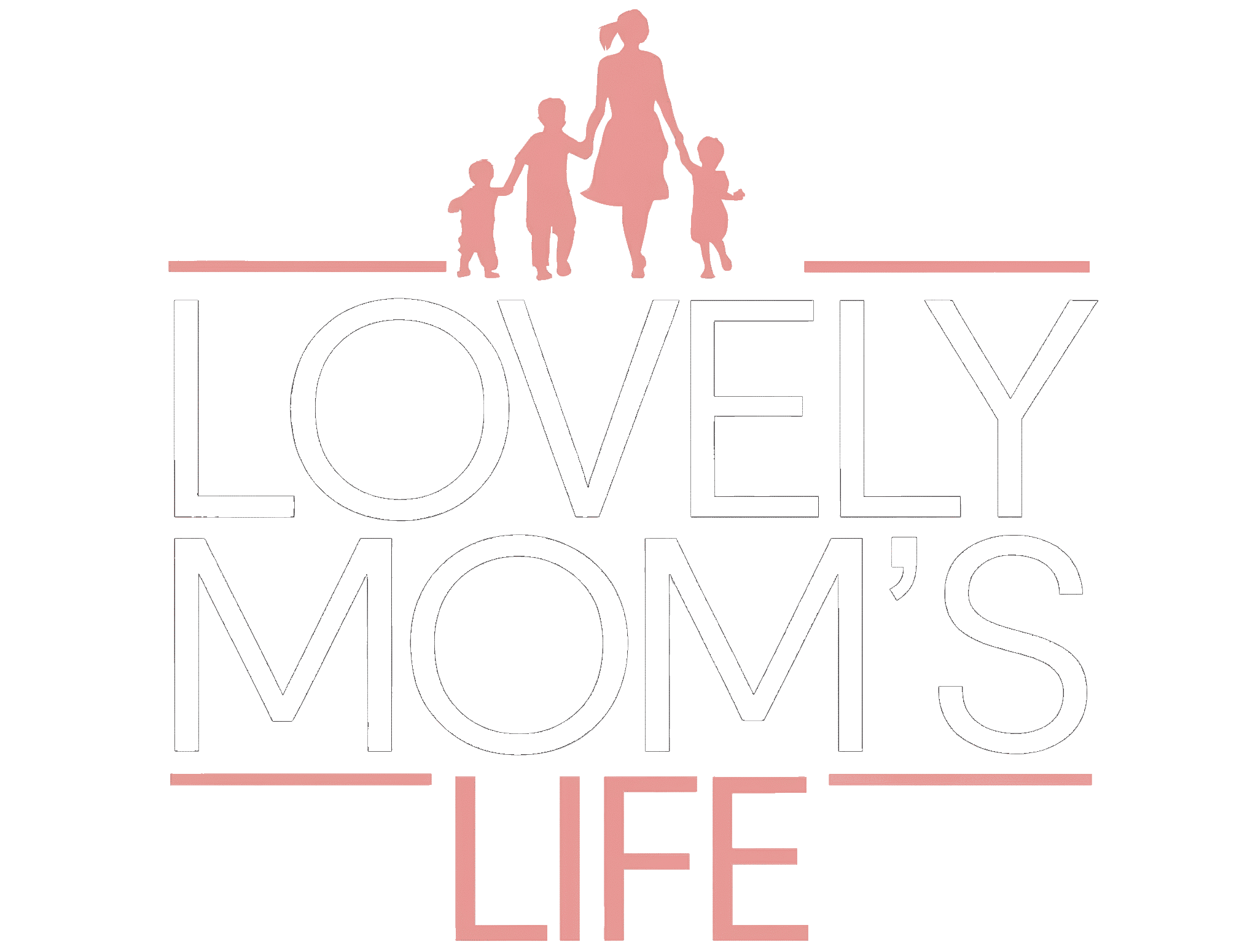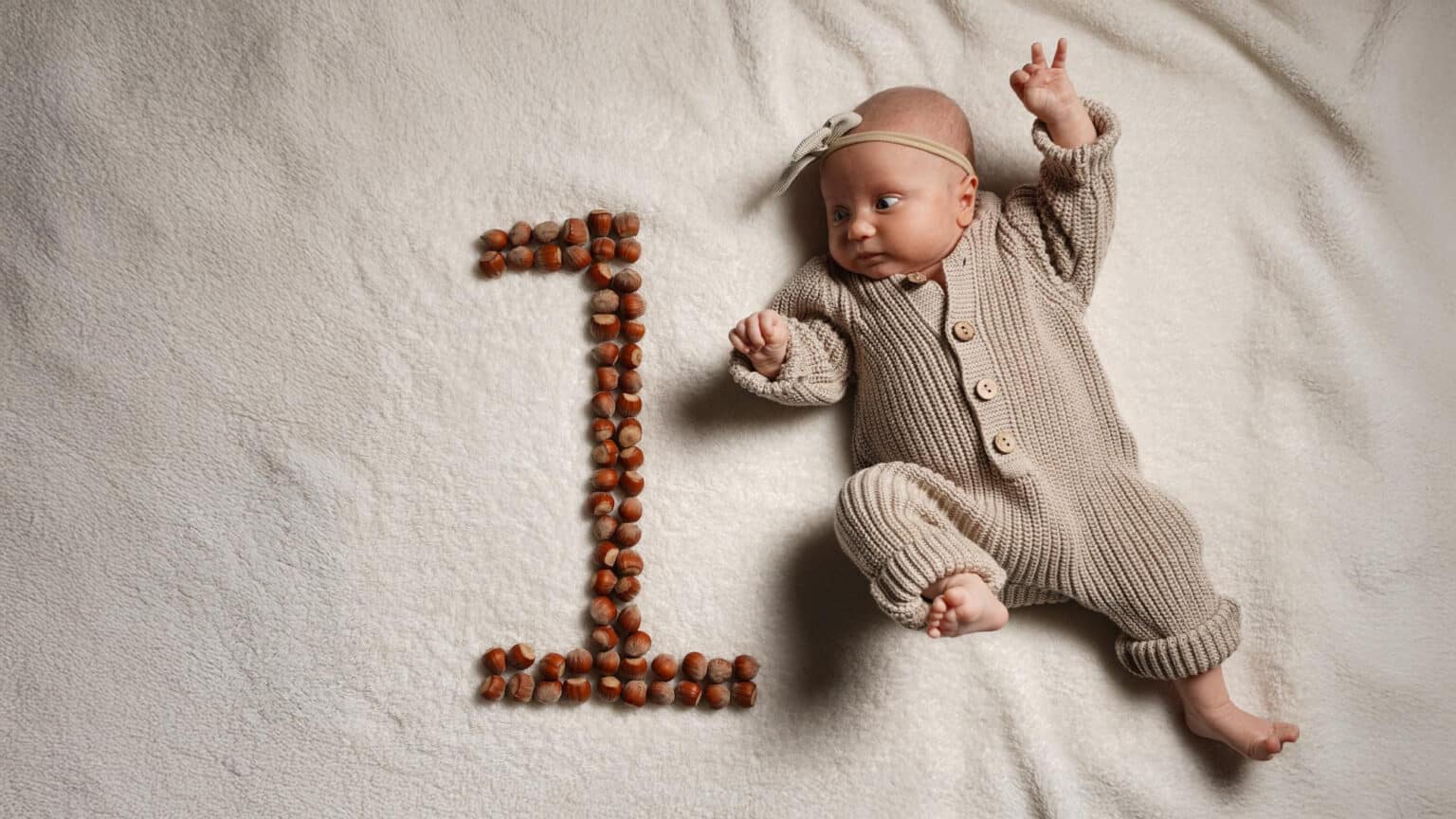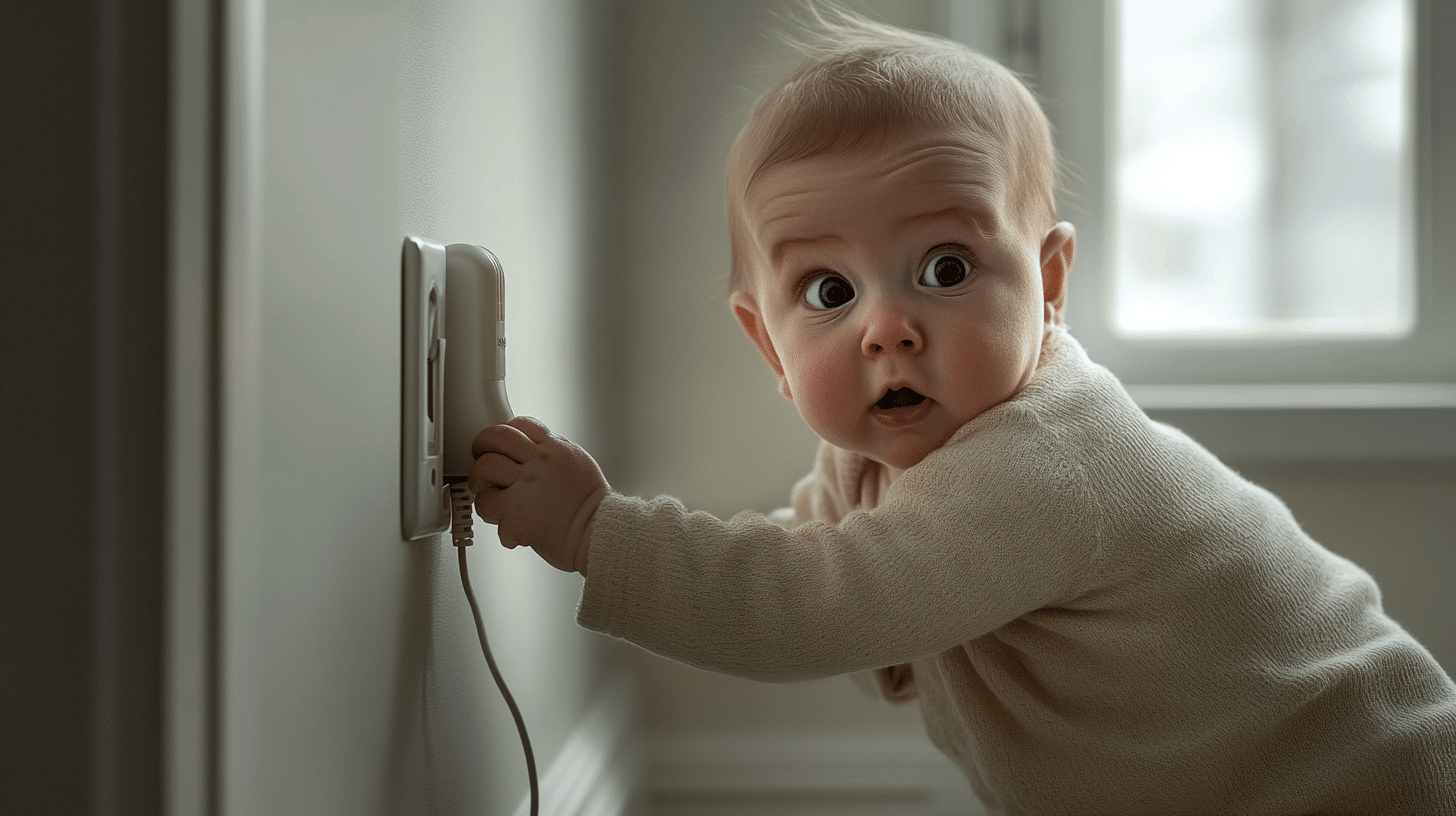Hi everyone! As a pediatrician, and a mom of two girls, I know how exciting and sometimes overwhelming the first year of your baby's life can be. There are so many changes! It's like a roller coaster of new skills and discoveries.
I've put together this guide to help you understand what to expect, month by month. Remember, every baby is unique and develops at their own pace. This is just a general overview, so don't worry if your little one doesn't follow it exactly!
Understanding Your Baby's Growth
Developmental milestones are like little checkpoints. They show us how your baby is growing in different areas, like moving, talking, and playing.
These milestones are helpful, but they're not a strict rulebook. They give us a general idea of what to expect. And, they can help us spot any potential concerns early on.
Month 1: Welcome to the World!
The first month is all about adjusting to life outside the womb. Your newborn's movements might seem a little jerky, but they're already learning important things!
What to expect:
- Moving: Turns head, brings hands to mouth, keeps hands in fists.
- Seeing: Likes faces and high-contrast patterns, focuses on things close by.
- Talking: Cries to tell you what they need (like food or a diaper change!).
- Feeling: Startles at loud noises, might show tiny smiles (especially when sleeping!).
- Growing About 1 ounce each day.
Reflexes
Your newborn has reflexes, like rooting (turning their head to find food), sucking, and startling.
What you can do:
- Tummy Time: A few minutes a day helps strengthen their neck.
- Face-to-Face: Talk to your baby and make eye contact.
- Reading: It's never too early to start reading, even if they don't understand the words!
Watch out for:
- Not reacting to bright light or loud noise.
- Not moving the arms and legs.
Month 2: Getting to Know You
Your baby is starting to notice the world around them. They're engaging with you through smiles, coos, and eye contact. It's so heartwarming to see!
What to expect:
- Moving: Holds head up for a little bit, moves arms and legs more smoothly.
- Seeing: Follows moving objects with eyes, recognizes familiar voices.
- Talking: Coos and gurgles (so cute!).
- Feeling: Smiles at you, especially when they see your face!
Feeding:
When hungry, your baby will be restless, cry, or suck on their hands.
When full, they might stop being interested or fall asleep.
What you can do:
- Imitation: Copy your baby's sounds and faces. It encourages interaction!
- Singing: Sing songs and lullabies.
- Tummy Time: Keep doing tummy time, making it a little longer each day.
Watch out for:
- Not reacting to loud noise.
- Not looking at moving objects.
- Not putting hands to mouth.
Month 3: Exploring with Their Senses
Your baby's senses are getting sharper. They're becoming more expressive and interactive.
What to expect:
- Moving: Raises head and chest when on tummy, opens and closes hands.
- Seeing: Follows things with eyes, recognizes familiar faces and objects.
- Talking: Coos, gurgles, and starts to babble.
- Feeling: Smiles a lot, shows more emotions.
Touch is very important:
Holding, kissing, and skin-to-skin contact make your baby feel safe.
What you can do:
- Play with Toys: Give them toys with different textures and colors.
- Talk and Sing: Have “conversations” with your baby.
- Tummy Time: Keep encouraging tummy time to help them reach and grab.
Watch out for:
- Not smiling.
- Not looking at moving objects.
- Not putting hands to mouth.
Month 4: Getting Stronger
Your baby is getting more control over their body. They're very interested in exploring everything around them!
What to expect:
- Moving: Rolls from tummy to back, holds head steady, reaches for things.
- Seeing: Tracks moving objects smoothly, knows familiar faces from far away.
- Talking: Babbles, laughs, makes lots of different sounds.
- Feeling: Smiles a lot, loves playing with you.
Your baby is learning that they have a body.
They will look at their hands and touch their feet.
What you can do:
- Interactive Play: Play games like peek-a-boo.
- Introduce Toys: Give them rattles and soft toys to explore.
- Encourage Rolling: Place toys a little out of reach to get them to roll.
Watch out for:
- Not looking at moving objects.
- Not holding their head steady.
- Not bringing objects to mouth.
Month 5: Reaching and Grabbing
Your baby's hand-eye coordination is getting better. This leads to fun new things like rolling over and grabbing toys!
What to expect:
- Moving: Rolls from back to tummy, reaches and grabs things, brings things to mouth.
- Seeing: Explores things with hands and mouth, sees different colors.
- Talking: Babbles with more sounds, might start using consonant sounds.
- Feeling: Shows lots of emotions, loves social games.
Provide toys with different textures and colors.
This helps your baby learn.
Touch is essential:
Keep cuddling and kissing your baby.
What you can do:
- Provide Variety: Offer toys with different textures, shapes, and sounds.
- Encourage Reaching: Place toys just out of reach.
- Read Together: Share books with colorful pictures.
- Give-and-Take: Gently tug on a toy in you baby's hand to strengthen their muscles.
Watch out for:
- Not putting objects to mouth.
- Seeming very weak (floppy).
Month 6: Sitting Up and Exploring
Your baby is gaining more independence. They are becoming a really good explorer!
What to expect:
- Moving: Sits with support, might start sitting on their own, moves objects from one hand to the other.
- Seeing: Explores things by banging, shaking, and dropping them.
- Talking: Babbles with more complex sounds, might start copying sounds.
- Feeling: Recognizes familiar people, might be shy around strangers.
Your baby is starting to realize that things still exist, even when hidden.
They love playing peek-a-boo!
What you can do:
- Floor Play: Give them a safe space to move around.
- Introduce Solids: If your baby is ready, start introducing solid foods.
- Interactive Games: Play games like peek-a-boo and patty-cake.
Watch out for:
- Not trying to reach for objects.
- Not rolling over.
- Seeming stiff, with tight muscles.
Month 7: On the Move!
Your baby is getting more mobile. They are eager to explore everything!
What to expect:
- Moving: Crawls, sits without support, might start pulling up to stand.
- Seeing: Explores things with hands and mouth, likes different textures.
- Talking: Babbles with different sounds, might respond to their name.
- Feeling: Shows lots of emotions, might have separation anxiety.
Crawling is not just about moving. It also helps your baby's brain develop.
Your baby is beginning to understand that they are their own person!
What you can do:
- Crawling Games: Make obstacle courses with pillows to encourage crawling.
- Interactive Reading: Read books together, pointing at pictures.
- Social Interaction: Play with other babies to encourage social skills.
- Drop the Toy: Play the “drop the toy” game to teach cause and effect.
Watch out for:
- Not holding weight on legs with help.
- Not babbling.
Month 8: Getting Better at Moving
Your baby is getting better at using their hands and body. They are becoming more skilled at playing with objects!
What to expect:
- Moving: Crawls faster, pulls up to stand, might move along furniture.
- Seeing: Explores things by banging, dropping, and throwing them.
- Talking: Babbles with more complex sounds, might say “mama” or “dada” (but not to the right person yet!).
- Feeling: Shows lots of emotions, might be shy around strangers and anxious when you leave.
Give your baby chances to explore safely.
It's important for their independence.
Chewing:
Your baby might be ready to try food cut in small pieces.
They might start feeding themselves.
What you can do:
- Fine Motor Play: Offer toys like blocks and stacking cups.
- Hide-and-Seek: Play hide-and-seek to help them understand that things still exist even when they can't see them.
- Social Interaction: Encourage playing with other babies and family.
Watch out for:
- Not crawling.
- Not able to stand when helped.
Month 9: Exploring on Their Own
Your baby is becoming more independent and confident. They love exploring their surroundings!
What to expect:
- Moving: Crawls confidently, pulls up to stand, might move along furniture.
- Seeing: Explores things with hands and mouth, likes different textures and shapes. Can see things from across the room.
- Talking: Babbles with lots of sounds, might understand simple words. Looks at you when you call their name.
- Feeling: Might be shy around strangers and anxious when you leave, loves games like peek-a-boo.
Your baby loves playing with you.
This helps them learn from watching and interacting.
They start understanding cause and effect by banging objects together.
What you can do:
- Interactive Play: Play games that involve taking turns.
- Exploration: Give them a safe and exciting place to explore.
- Language Stimulation: Talk to your baby all day, describing what you're doing.
Watch out for:
- Not babbling.
- Not sitting by 10 months old.
Month 10: Standing Strong
Your baby is getting stronger and more coordinated. They're getting ready to take those first steps!
What to expect:
- Moving: Pulls up to stand, moves along furniture, might stand alone for a few seconds.
- Seeing: Explores things by banging, dropping, and throwing them.
- Talking: Might say “mama” and “dada” to the right person, understands simple words like “no.”
- Feeling: Shows lots of emotions, loves playing games.
As your baby gets more mobile, make sure your home is safe for them to explore.
Health
Your baby might catch their first or second cold around this time.
What you can do:
- Pulling to Stand: Encourage your baby to pull themselves up on furniture.
- Cruising: Give them chances to move along furniture.
- Interactive Games: Play games that involve moving and interacting.
Watch out for:
- Not crawling.
- Not pointing at objects.
Month 11: Almost Walking!
Your baby is so close to walking on their own! They're becoming a real toddler.
What to expect:
- Moving: Might take first steps on their own, stands alone, crawls confidently.
- Seeing: Explores things with hands and mouth, likes different textures and shapes.
- Talking: Might say a few words besides “mama” and “dada,” understands simple instructions, uses gestures like pointing and waving.
- Feeling: Shows lots of emotions, might have separation anxiety and be shy around strangers.
Give your baby choices, such as offering two different toys.
This helps their sense of independence.
Your baby may only need one nap a day.
What you can do:
- Walking Practice: Hold your baby's hands or give them a push toy to encourage walking.
- Fine Motor Play: Offer toys like stacking cups and blocks.
- Language Stimulation: Talk to your baby all day, using lots of different words.
Watch out for:
- Not walking by 18 months old.
Month 12: Happy Birthday!
Your baby is officially a toddler! They're ready for new challenges and adventures.
What to expect:
- Moving: Walks on their own, might start climbing stairs, loves exploring.
- Seeing: Explores things with hands and mouth, likes different textures and shapes.
- Talking: Says a few words, understands simple instructions, might use gestures.
- Feeling: Shows lots of emotions, loves playing games with you.
Keep being a responsive caregiver.
This helps your baby, who is now a toddler, grow emotionally and socially.
What you can do:
- Active Play: Encourage playing, like climbing, running, and exploring.
- Reading Together: Keep reading together, introducing new books.
- Social Interaction: Give them chances to play with other children and family.
Watch out for:
- Not walking steadily.
Red Flags to Watch For
Remember, all babies grow at their own pace. But, it's good to know about potential red flags that might mean a developmental delay. If you notice any of these, talk to your pediatrician:
- MovingNot lifting head (3 months old), not rolling (6 months old), not sitting (6 months old), Not crawling (1 year old), not walking (18 months), seeming very weak, using only one side of the body.
- Talking: Not reacting to sound (4 months old), not babbling (8 months old), not saying single words (1 year old).
- Feeling: Not smiling (3 months), not showing love to parents(6 months old), not reacting to their name (9 months old).
Enjoy the Journey!
Your baby's first year is a time of amazing growth. Enjoy every moment, even the messy ones! It all goes by so fast. Remember, I'm here to support you. Don't hesitate to reach out to your pediatrician if you have any concerns.
What are your favorite memories from your baby's first year? Share them in the comments below!











